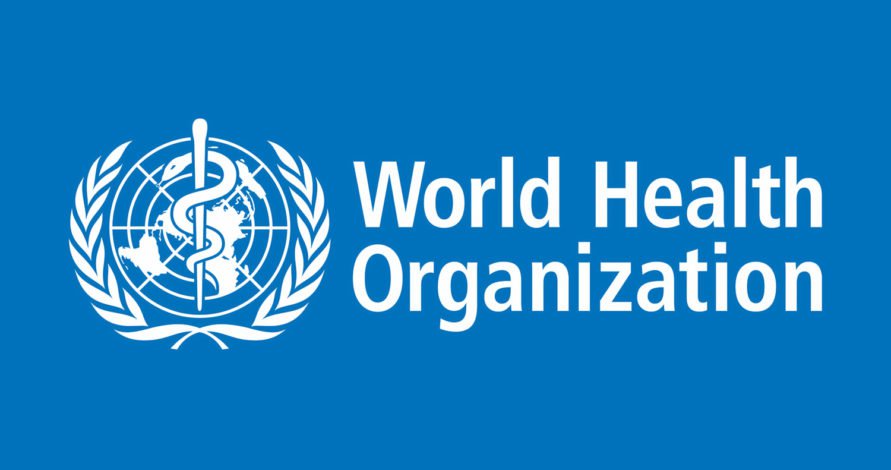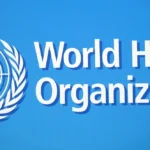The World Health Organization (WHO) has strongly recommended the use of the HIV drug, dolutegravir (DTG) as the preferred first-line and second-line treatment for all ages.
This includes pregnant women and those of childbearing age.
The organisation gave the recommendation on Monday at the 10th IAS Conference on HIV Science in Mexico City, Mexico.
According to WHO, DTG is a drug that is more effective, easier to take and has fewer side effects than alternative drugs that are currently being used.
“DTG also has a high genetic barrier to developing drug resistance, which is important given the rising trend of resistance to EFV and nevirapine-based regimens.
“In 2019, 12 out of 18 countries surveyed by WHO reported pre-treatment drug resistance levels exceeding the recommended threshold of 10%,” the organisation said.
Briefing newsmen during the conference, Dr Meg Doherty, Coordinator of Treatment and Care, Department of HIV/hepatitis and STIs of WHO in Geneva, said the recommendation was based on new evidence assessing benefits and risks.
Last year, data from the Tsepamo study in Botswana suggested that the use of DTG in early pregnancy may be linked to neural tube defects (NTDs) – serious birth defects of the brain and spine.
Some countries as a result paused their plans to make DTG-based regimens their preferred first-line therapy, noting that WHO issued a note of caution about the use of DTG by women of childbearing age as part of its interim guidelines recommending the drug for people living with HIV.
However, additional research from Botswana has found that the risk of NTDs is less than was signalled last year.
WHO said new data from two large clinical trials comparing the efficacy and safety of DTG and EFV in Africa, have now expanded the evidence base.
The risks of neural tube defects are significantly lower than what the initial studies may have suggested, it said at the conference.
WHO has issued updated recommendations on antiretroviral therapy and DTG use to help clinicians and health ministries act on the findings. WHO said the findings informed the decision to update the 2019 guidelines.
Anton Pozniak, International AIDS Society President and IAS 2019 International Scientific Chair, said ultimately, what is most important is offering women the choice to make informed decisions.
Also speaking, Jacque Wambui, African Community Advisory Board (AFROCAB) member, Kenya, said community engagement, including input from women living with HIV, has played a key role in updating the recommendations and would be critical to rolling them out.
In 2019, 82 low and middle-income countries reported to be transitioning to DTG-based HIV treatment regimens. The new updated recommendations aim at helping more countries improves their HIV policies.
WHO also stresses the importance of providing information and options to help women make an informed choice.

 Join Daily Trust WhatsApp Community For Quick Access To News and Happenings Around You.
Join Daily Trust WhatsApp Community For Quick Access To News and Happenings Around You.

